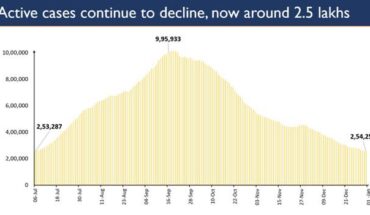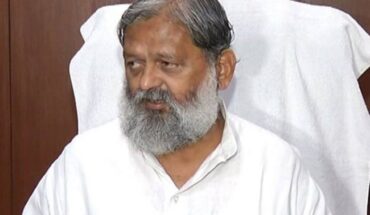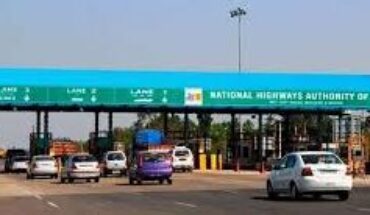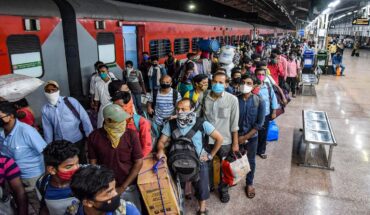The Central government has informed the Supreme Court that it cannot provide an exact timeline for the restoration of statehood to Jammu and Kashmir, while emphasizing that the current union territory status is temporary.
This statement was made during the hearing of a set of petitions challenging the 2019 Presidential Order that revoked the special status of the erstwhile state of Jammu and Kashmir and divided it into two Union Territories.
The government’s representative, Solicitor General Tushar Mehta, explained that the process of progressing towards granting Jammu and Kashmir full statehood is ongoing. However, he stated that due to the complex history of disturbances in the region, it’s challenging to predict an exact timeframe for the complete restoration of statehood. The move to Union Territory status was described as a temporary measure.
Mehta also indicated that the Central government is prepared for elections, with the voter list update almost complete. He mentioned that the decision to hold elections will be taken by the respective State Election Commission and the Election Commission of India.
The Solicitor General provided updates on the progress in the region, citing figures such as reduced instances of terrorist activities, infiltration, and casualties among security personnel. He pointed out that tourist visits to the region have increased and highlighted the decline in incidents like stone pelting.
The Constitution Bench, headed by Chief Justice of India D.Y. Chandrachud, clarified that the developmental work undertaken by the Central government since August 2019 would not be a decisive factor in determining the constitutional challenge to the abrogation of Article 370.
The Central government defended its decision to revoke the special status of Jammu and Kashmir in its affidavit, asserting that the move had led to development, progress, security, and stability in the region. It also highlighted a decline in street violence and organized stone pelting incidents associated with separatist agendas.
The hearing involves multiple intervention applications, including those from Kashmiri Pandits who support the government’s decision to remove the special status from Jammu and Kashmir. The Supreme Court is considering a series of petitions that challenge the changes made to the region’s status in 2019.






